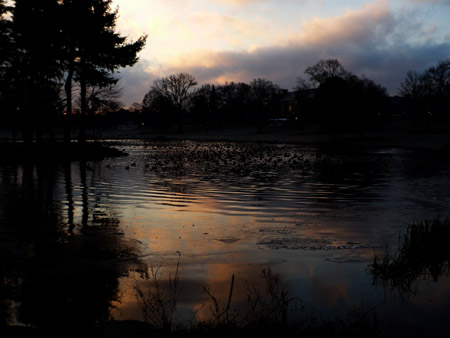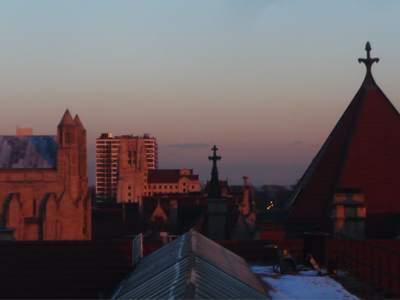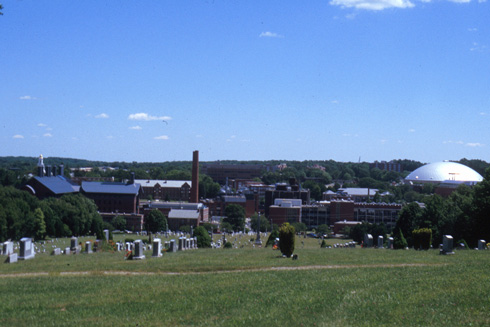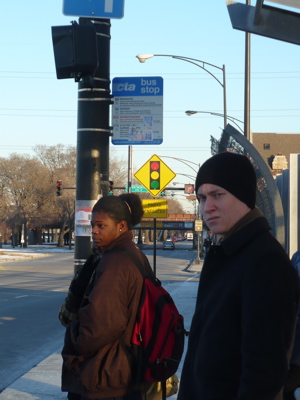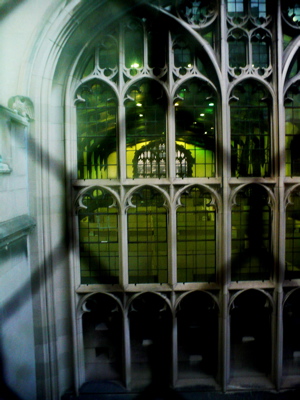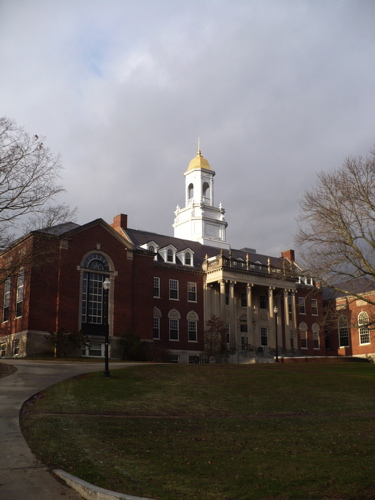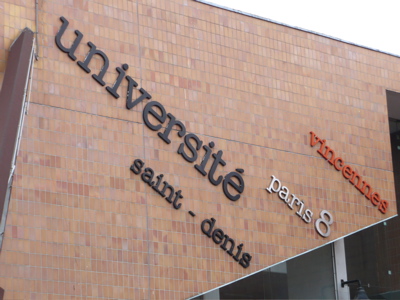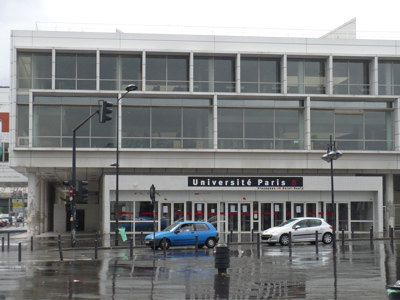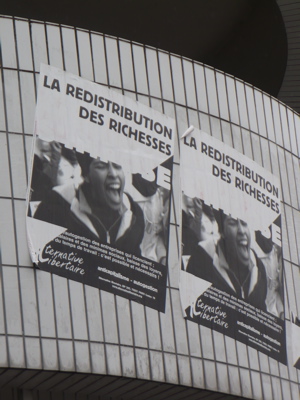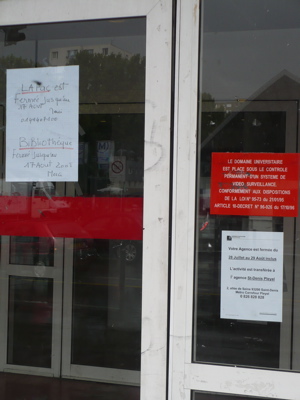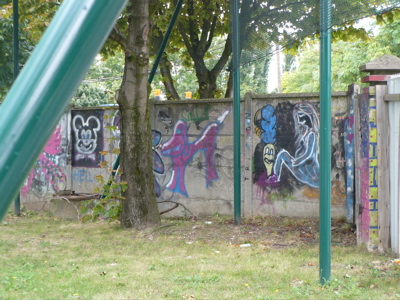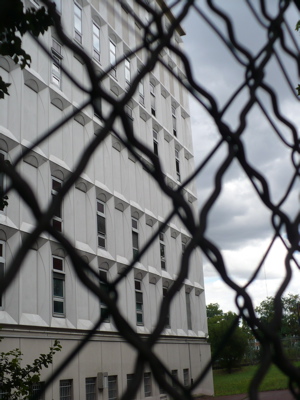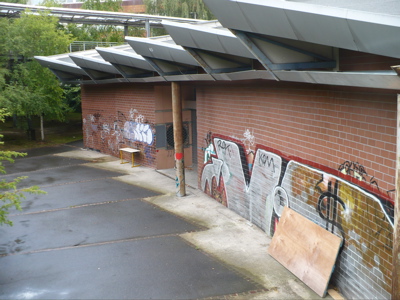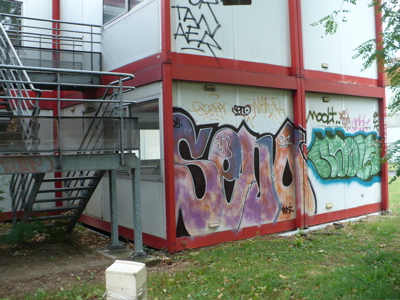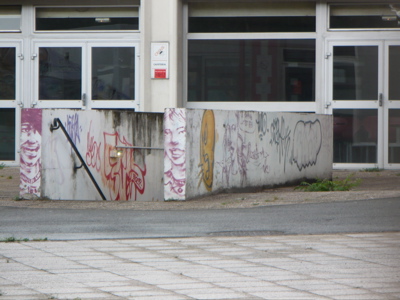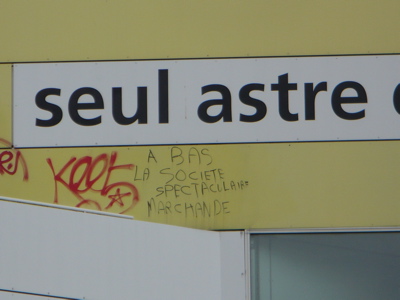According to a hilarious article in the Chronicle of Higher Ed, “a troop of 80 to 100 of [rhesus macaque] monkeys have terrorized the campus [of the All India Institute of Medical Sciences] for several years, entering waiting rooms, biting people, and grabbing food from patients and visitors.” Apparently the administrators have tried to have them caught, but unsuccessfully; and have tried to frighten them away with other monkeys, but that hasn’t worked either. And the article concludes on an even darker note:
As if the monkeys weren’t bad enough, a new problem recently visited itself upon the institute: stray dogs that attack doctors returning to their dorms late at night. A letter of complaint from the institute’s faculty association says the dogs run through the teaching block, the wards, and the operating theaters. “The excreta can be seen all over, all the time,” the letter says. “It is the worst possible start to the day.”
Continue reading “Campus monkey invasion and the inversion of academic values”
